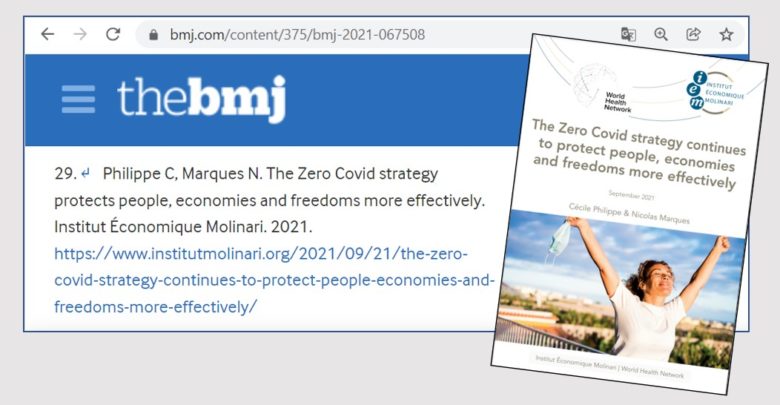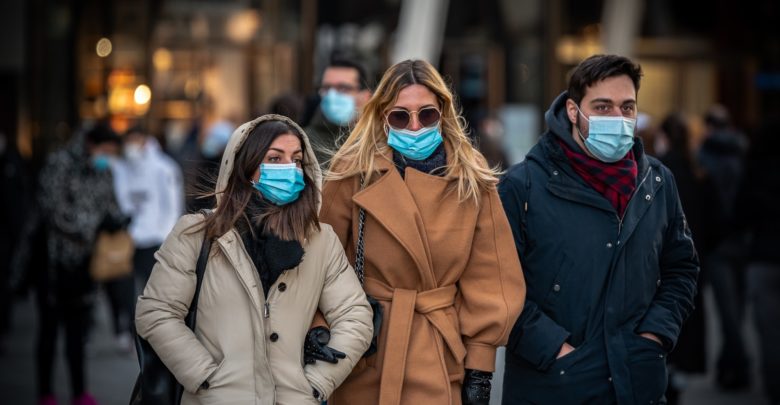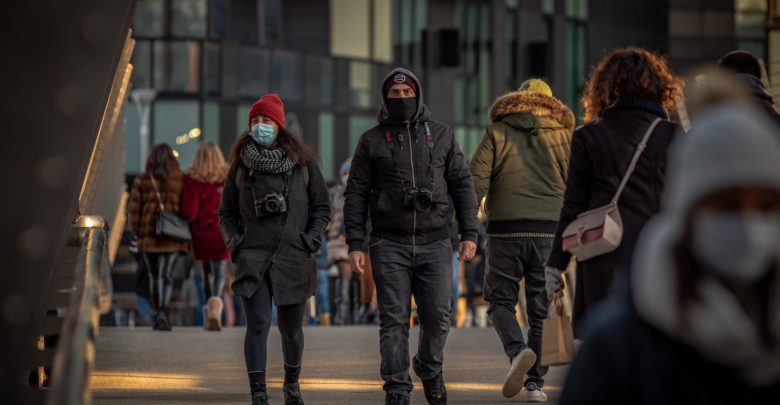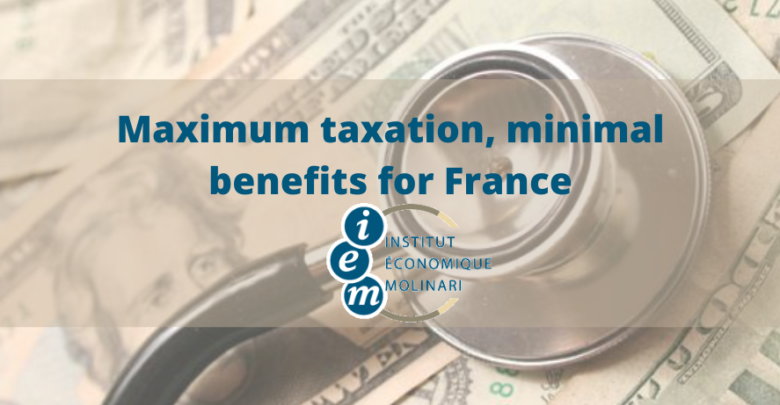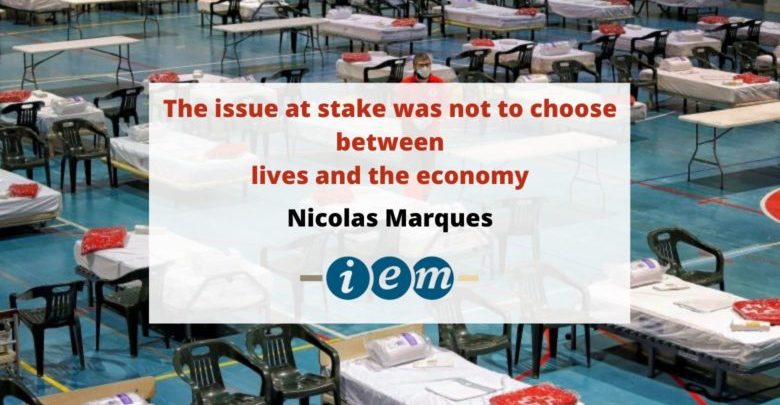Article by Nicolas Marques et Cécile Philippe, Institut Économique Molinari. It is well known that high production taxes and social contributions in France have been stifling the economy for some time. Prior to the 2020 Covid-19 pandemic, compared to the European Union (EU) as a whole, France was 35 per cent less competitive. It is hoped that the reduction in production taxes in 2021 will marginally drive net surpluses. France’s…
→ Lire la suiteArticles d’intérêt
Cette rubrique met à votre disposition des articles français ou traduits qui, selon nous, apportent des éléments originaux aux débats que nous menons.
Pour le scientifique américain Yaneer Bar-Yam, même les maladies dites endémiques représentent une menace pour notre espèce dans des sociétés mondialisées. Propos recueillis par Cécile Philippe, présidente de l’Institut Molinari, pour le compte de L’Express. Physicien, Yaneer Bar-Yam est spécialiste des problèmes complexes. Après un doctorat au MIT, il a été professeur associé à l’université de Boston jusqu’en 1997, où il a expliqué comment on pouvait faire pousser les diamants…
→ Lire la suiteSelon Meir Rubin, même les mesures très fermes adoptées par Israël ne seront pas suffisantes. « Il est très probable que nous n’ayons pas encore vu le pire » assure-t-il. Propos recueillis par Cécile Philippe, présidente de l’Institut économique Molinari, pour L’Express. Alors qu’Israël est le pays sur lequel tous les regards sont braqués pour comprendre le pouvoir de la vaccination, il est confronté à une récente augmentation du nombre de cas…
→ Lire la suiteL’épidémiologiste Gunhild Alvik Nyborg explique comment son pays, longtemps un modèle, est en train de perdre le contrôle de l’épidémie face au nouveau variant. Propos recueillis par Cécile Philippe, présidente de l’Institut économique Molinari, pour L’Express. Gunhild Alvik Nyborg a d’abord étudié l’économie pendant trois ans avant de devenir médecin et épidémiologiste. Membre du World Health Network, une initiative citoyenne, qui rassemble des experts et des défenseurs passionnés de la…
→ Lire la suiteL’Institut économique Molinari est à nouveau cité en référence dans la presse médicale. Un article récent du British Medical Journal mentionne notre travail sur Covid, en soulignant que les pays ayant cherché à bloquer la pandémie dès le début ont mieux protégé leurs populations, leurs économies, les mobilités quotidiennes et libertés publiques. Ce travail de l’IEM, abondamment cité, était déjà mentionné dans The Lancet en octobre.
→ Lire la suiteAiming for ‘green zones’ offers a clear path to navigate an exit from the pandemic with as little damage as possible. Europe should not miss the opportunity to build on its strength and unity. This opinion piece with nearly 30 signatories was originally published in de Volkskrant, Le Monde, Süddeutsche, La Repubblica, El Pais and Rzeczpospolita on the initiative of Miquel Oliu Barton and Bary Pradelski. Vaccination is a critical element for our way out of the…
→ Lire la suiteUn collectif de médecins, politistes et économistes, dont Cécile Philippe, présidente de l’Institut économique Molinari, signe une tribune publiée dans plusieurs médias européens : France (Le Monde), Allemagne (Süddeustche Zeitung) ; Espagne (El Pais) ; Italie (La Repubblica) ; Pays-Bas (De Volkskrant) ; Pologne (Rzeczpospolita). Si nous voulons en finir avec la pandémie, vacciner est essentiel. Pourtant, cela ne sera pas suffisant. L’espoir de parvenir à l’immunité collective à la fin de l’été…
→ Lire la suiteArticle by Noemi Amelynck published on the Epicenter blog. For the fifth consecutive year, France has been the champion of taxation, with the average French citizen paying more than half of their income into the state’s coffers. France’s tax policy remains inefficient and infringes upon the purchasing power of French employees, despite the slight decrease of overall taxation following the yellow vest protests. The fiscal Freedom Day in France falls on…
→ Lire la suiteWe often hear that managing a crisis like coronavirus depends on societal choices. The choice would be to save lives or economies. Health and economic data show that reality is much more complex than this simplification of the dilemma. Some countries have managed to accommodate both. Others, like France, have registered both a high mortality rate and a significant economic setback. The French love tackling issues from a moral standpoint.…
→ Lire la suite





